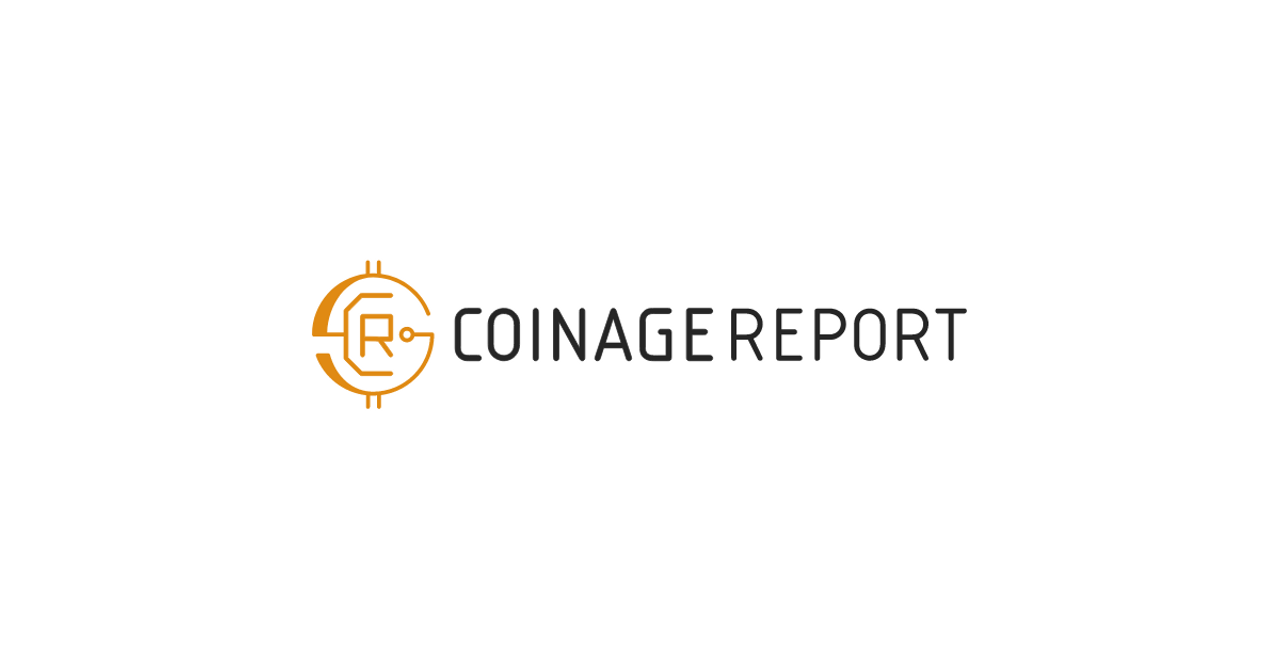Share on
- Copy link
Banks are not big fans of cryptocurrency, it’s a fact. However, one of them took everything one step further and calls digital assets a real threat.
Last updated Feb 22, 2023 at 04:30 PM
Posted Feb 25, 2018 at 03:23 AM

Banks are not big fans of cryptocurrency, it’s a fact. However, one of them took everything one step further and calls digital assets a real threat.
We’re talking about Bank of America, as they just released a regulatory filing this Thursday, expressing their opinion on cryptocurrency, according to a report from CNBC.
“Clients may choose to conduct business with other market participants who engage in business or offer products in areas we deem speculative or risky, such as cryptocurrencies,” the statements says. Such increased competition may “negatively affect our earnings” or affect “the willingness of our clients to do business with us.”
Bank of America also added that the current rapid adoption of new technologies in financial services – cryptocurrencies included – could demand substantial expenditures, in an attempt to the constantly-evolving industry standards and consumer preferences.
Recently, interest in digital currencies has skyrocketed, helping assets like Bitcoin to reach almost $20,000 by the end of 2017. This interest led to CME launching the Bitcoin Futures exchange, but, as you probably know, these prices didn’t last for long, going through the so-called ‘cryptocalypse’ this February.
Despite this, Bank of America has not embraced the growing interest. Their wealth management arm banned over 17,000 financial advisors from buying any Bitcoin-related investments for clients, while earlier this months they announced that clients won’t be allowed to buy any digital coins using credit cards.
Apparently, the main reason behind these measures is their limited ability to track the movement of funds, but also comply with laws such as anti-money laundering regulation.
The entire blockchain technology, standing behind Bitcoin and other coins, is a major threat to the existence of financial firms. It eliminates the need for a third-party intermediary, like a bank, to be more specific, as it creates and instant, permanent and secure record of transactions.
What’s very curious is that Bank of America, as well as other major banks, has been researching blockchain technologies. Right now, they have more than 70 patents able to incorporate applications of blockchain, as well as patents for digital wallets or methods of authentication.